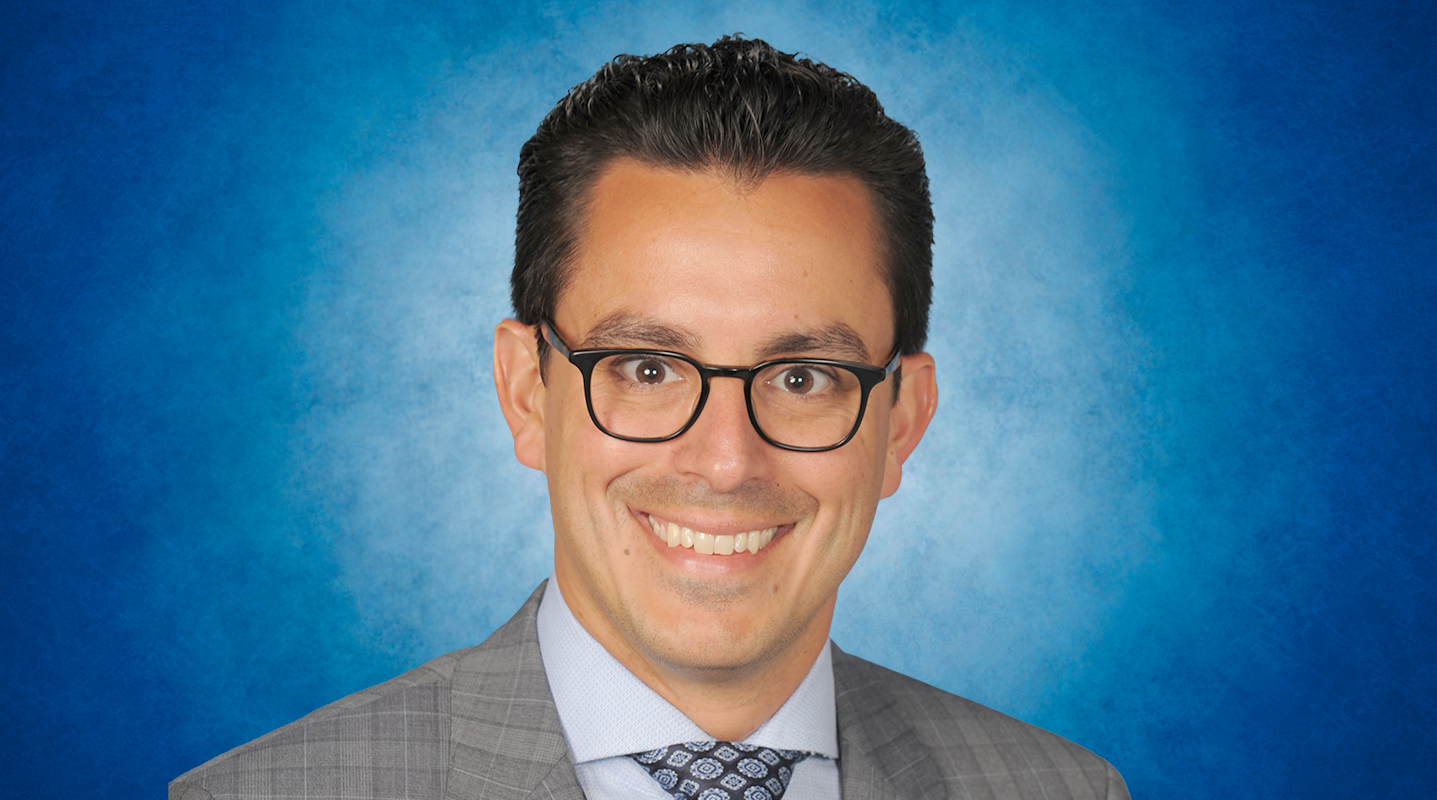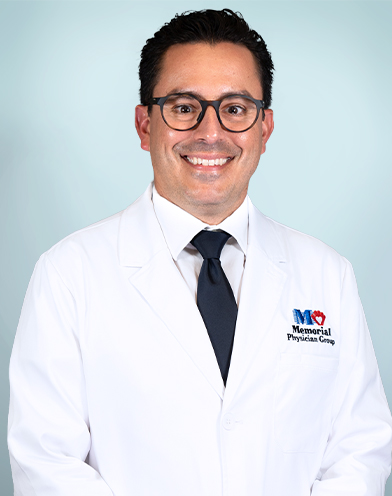Cancer Patients Achieve Better Outcomes Through Rehab
September 22, 2022

Thanks to the remarkable advances in treatment options, cancer survival rates have increased dramatically over the years. Between 1975 and 1979, the five-year survival rate from the time of diagnosis was 48.9 percent; in 2012, the figure increased to 69 percent. This is the good news.
The not-so-good news is that because treatments are so advanced, patients tend to suffer co-occurring symptoms at every stage of their cancer journey. There’s more disability, more fatigue, more pain and more cognitive deficits. Put simply, the potent cocktail of medicines designed to eliminate cancer cells also can undermine a patient’s health and quality of life.
The increase in cancer survival rates and the fact that many patients with cancer are living longer lives has given rise to a new specialty in the field of Physical Medicine and Rehabilitation: Cancer Rehabilitation. Cancer rehab specifically addresses the functional declines associated with cancer treatment. Consistently at the forefront of medical innovation, Memorial Healthcare System is one of the first healthcare organizations in the United States to implement this growing practice. For the last six years, Memorial’s rehabilitation physicians and therapists have been providing supportive services to Memorial’s oncology patients.
Oncological rehabilitation draws from the areas of physical, occupational and speech therapy, psychosocial and cognitive therapy, physician-directed diagnostic imaging and pharmacologic symptom management.
According to the National Cancer Institute, the foundation of cancer rehabilitation is called conditioning, or “prehabilitation,” where a multidisciplinary medical team works to prepare newly diagnosed patients for the challenges they will face during treatment and through recovery. Protocols include pain management techniques and exercise regimens to build strength and stamina.
Readying patients for the rigors of cancer care has been shown to facilitate a speedier recovery with fewer immediate side effects. Prehab also decreases the frequency and severity of impairments post treatment. Perhaps most importantly, though, prehabilitation teaches patients how to embrace a new “normal” after recovery – how to live, work, and enjoy family and friends again. Research also suggests that interventional measures improve physiological and psychological health outcomes, increase treatment options, decrease hospital readmissions and reduce overall healthcare costs.
Despite the field’s growth, Memorial already has made great strides by implementing services and proving cancer rehabilitation efficacy, especially within the Bone Marrow Transplant Program.
“Conditioning a patient appropriately has shown to be valuable for bone marrow transplants and lung cancer treatments,” says James Salerno, MD, chief of Physical Medicine and Rehabilitation for Memorial. “If lung cancer patients receive intensive therapy before they undergo lung resection, their outcomes are much better; they actually need less therapy compared to patients who only received therapy afterward. These patients have better functional outcomes, better overall recoveries, they feel better and have a better quality of life. And similar findings have been seen with leukemia and lymphoma patients who get bone marrow treatments. That’s where prehab has proven to be very effective.”
Memorial’s resources also include therapists who specialize in treating patients with breast cancer. It is inevitable, says Dr. Salerno, that cancer rehabilitation services at Memorial will expand to benefit patients with other forms of the disease.
“Any cancers that go to the brain usually result in some sort of cognitive or functional deficits. Prostate cancer has become a bigger field for us as well. Metastatic prostate cancer often travels to the lower lumbar spine, and patients will sometimes experience radiation problems from treatments,” says Dr. Salerno.
One challenge the field is facing is the underutilization of its services. Despite the fact that up to 53 percent of adult-onset cancer survivors report limitations in their functioning, cancer rehabilitation referral rates are extremely low – perhaps one to two percent. In light of this ratio, Memorial is set to raise awareness and provide supportive services across the South Florida community.
“We stand ready to help community physicians achieve better outcomes and higher quality of life for their patients. And we’re ready to serve,” says Dr. Salerno.
Cancer Rehabilitation Specialization Helps Leukemia Patients Get Back on Track


